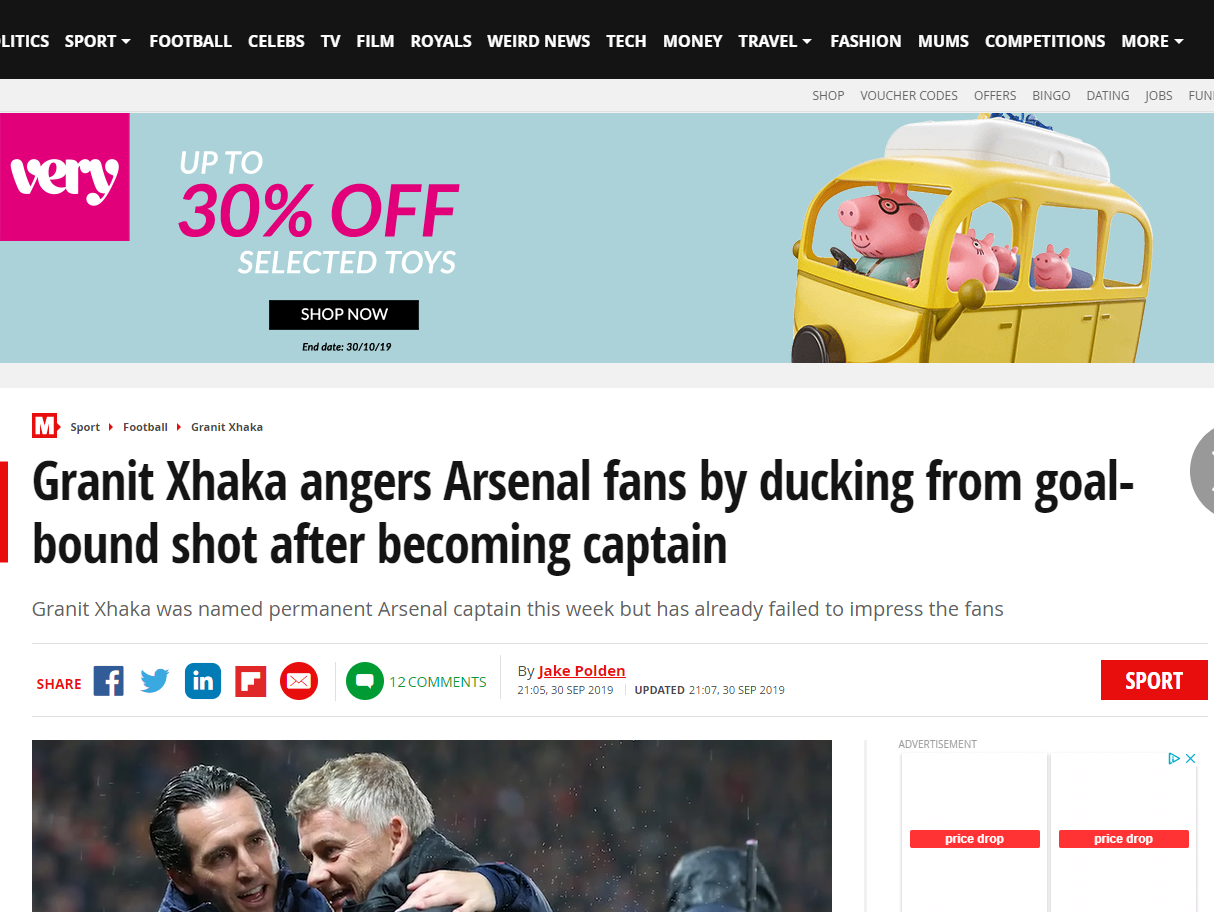
Mirror, Express and Star publisher Reach has launched a new brand safety platform after noticing too many “perfectly innocent” stories were being blacklisted from having adverts appear next to them.
The platform, named Mantis, means Reach has an automated, more accurate way of detecting whether a story is “brand safe” without delaying publication, it has said.
It will also allow editorial teams to check if their content may wrongly be deemed unsafe because of certain words in the copy, helping them avoid the current situation where football articles can be blacklisted by brands for using the word “shoot” or “shot”.
Publishers that do not have their own tools are often left at the mercy of individual advertisers’ lists of thousands of blacklisted keywords relating to serious or controversial topics.
Too much news content being published without advertising means crucial revenue lost to publishers.
The project, jointly developed by Reach and technology company IBM, has been led by Reach digital solutions director Terry Hornsby who believed the solution had to be found by publishers themselves.
He said: “From a brand perspective, the margin for error has simply been too great – no one wants to see their product next to an upsetting or graphic story.
“And from the publishing side, simply too much of our content was being blacklisted, even the most perfectly innocent stories.
“My starting point was making sure that a football report on someone ‘shooting a winning goal’ was recognised for what it is – a great piece of content that most brands would love to be next to, not a violent story.”
Mantis uses sophisticated image and language recognition to flag the context and nuance of a piece, Reach said.
Other example scenarios the publisher hopes to avoid include a nude lipstick being seen as salacious or a life-saving drug having criminal associations.
The AI-driven platform will provide the rationale for its decisions so human reviewers can make tweaks and continually improve its accuracy.
It is currently being integrated into the CMS across Reach’s national and regional titles, while Reach plans to license the AI behind it out to other publishers both in the UK and abroad.
Mantis has been developed separately to The Ozone Project, the advertising platform jointly launched by Reach, the Telegraph, Guardian News and Media and Sun and Times publisher News UK last year – although Ozone is seen as a potential client.
Earlier this year the media boss of supermarket giant Tesco pushed publishers to “take more responsibility” for making sure brand adverts don’t appear beside potentially harmful content.
Tesco’s ad spend budget was being “siphoned off” towards ad verification – a service checking that ads appear where intended – because he could not trust publishers to ensure paid-for adverts were “safe”, Nick Ashley added.
Email pged@pressgazette.co.uk to point out mistakes, provide story tips or send in a letter for publication on our "Letters Page" blog
